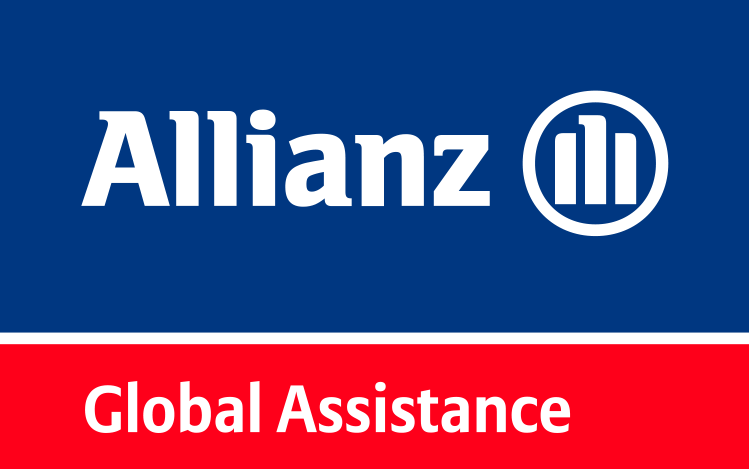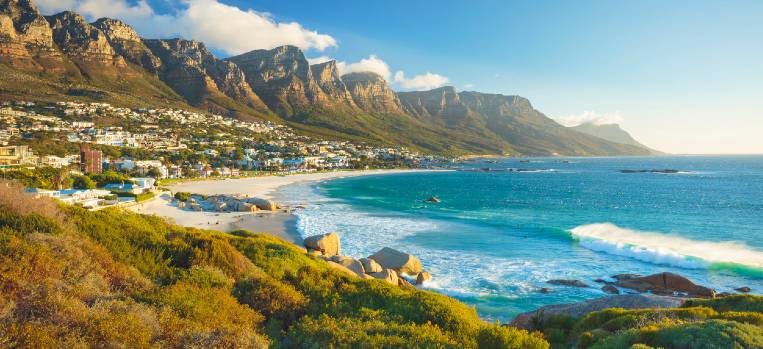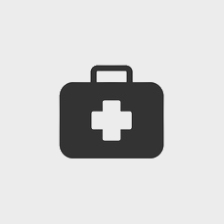Despite its natural beauty, South Africa is somewhat notorious as a dangerous place to visit. Government travel advisories often recommend travellers exercise a “high degree of caution” due to the high levels of violent crime.
That said, tourists who are alert to their surroundings and take a few sensible precautions usually have a trouble-free holiday.
It’s true that South Africa has a very high rate of serious crimes. Violent crimes, muggings, armed assaults, and theft happen frequent, often occurring in areas that are popular among tourists. Sticking to these tips will help you avoid trouble:
- Don’t walk the streets after dark — take a licensed taxi if you are going out at night.
- Avoid mass public transport systems in cities.
- Politely refuse anything you’re offered by a ‘friendly’ stranger.
- Try not to look like a tourist — keep things like cameras and maps tucked away.
- Don’t wear expensive items or flash around money and electronics.
- Distribute valuables across different pockets and consider having a decoy wallet with a few Rand in it to fool muggers.
- When driving, keep the doors locked and windows up. Don’t pick up hitchhikers or stop for motorists who appear to be broken down — these are ploys commonly used by robbers and carjackers.
The local con artists see pre-occupied tourists as soft targets. ATM tampering is a common trick, so it pays to use only machines that are located inside a bank or business. Be wary of any vendor that swipes your credit card on one machine and then makes an excuse to use another machine — they may be using a card skimming device. Finally, watch out for criminals posing as friendly ‘tourist police’ especially in airports. There’s no such service in South Africa, and the luggage search you consented to may cost you your laptop or jewellery.
Tambo, a major international airport near Johannesburg, is the entry and exit point for lots of Canadian travellers. It’s also a very risky place:
- Luggage theft from Tambo airport is ‘abnormally high’. Airport employees may steal valuables after x-ray scanning the checked-in baggage. Pack any valuables in your carry-on and consider having your checked bags cling-wrapped.
- Criminals operate from the terminals and have been known to rob tourists after following them from the airport. Don’t accept help from strangers and use a licensed taxi service or rental car.
There are high quality medical facilities in the cities, but outside of urban areas there is a lot of variation in the quality and availability of services. Most hospitals will demand that travellers pay up-front for treatment. In remote areas, sick or injured travellers may need an expensive medical evacuation to a city hospital. There are a few risks of picking up illnesses or diseases, depending on where you’re travelling:
- Tap water in cities is generally okay to drink, but stick to bottled water elsewhere.
- Rural and remote areas have higher risks of infectious diseases, such as malaria, cholera, typhoid, hepatitis, schistosomiasis, and rabies. Talk to your doctor about vaccinations and preventative measures well before you leave.
Going to safari parks to see the ‘Big 5’ game animals is a popular tourist activity. It’s also likely that you’ll come across a lot of animals out in the open. But many travellers aren’t used to wild animals that are as big, fast or fierce as the local wildlife in South Africa:
- Never feed the animals or try to interact with them — even ‘cute’ monkeys can become dangerous if provoked.
- When driving through a game park, stay inside the car and keep the windows up.
- On guided tours, listen to your host and follow all instructions.
- Keep a safe distance, even in a vehicle — elephants, hippos and rhinos have been known to attack cars that get too close.
Tourists who decide to brave South Africa’s roads face an assault from all fronts. In cities, you will be challenged by aggressive drivers, poor street lighting, manic minicabs, strange street signs, crazy cyclists and pedestrians who often rush out into traffic. It’s also not unusual to see people and animals walking up the middle of a freeway. Carjackings do happen everywhere, but Johannesburg, eThekwini, and Ekurhuleni lead the charts. A common tactic is to ‘box in’ cars at traffic lights, so always leave plenty of room between you and the vehicle in front when stopping.
In rural areas, many people walk beside the roads (and even on them), as well as herding cattle that can spill out onto the road.
NOTICE: While the Information is considered to be true and accurate at the date of publication, changes in circumstances after the time of publication may impact on the accuracy of the information. We strongly recommend verifying the travel advisory of your destination prior to departure.
DISCLAIMER: While every effort has been made to ensure the accuracy of all information as at the date of publishing, Allianz Global Assistance does not accept liability for any errors or omissions. Allianz Global Assistance strongly recommends seeking the guidance of a professional travel agent/agency for further information on a specific destination. On your next trip, whether to another province or country, ensure you have travel insurance as it may assist you in cases of unforeseen medical emergencies and other types of mishaps that can happen while you travel. Travel insurance does not cover everything, please always refer to the policy document for full terms and conditions, including limitations and exclusions. Travel insurance is underwritten by CUMIS General Insurance Company, a member of The Co-operators Group of Companies, administered by Allianz Global Assistance, which is a registered business name of AZGA Service Canada Inc.




